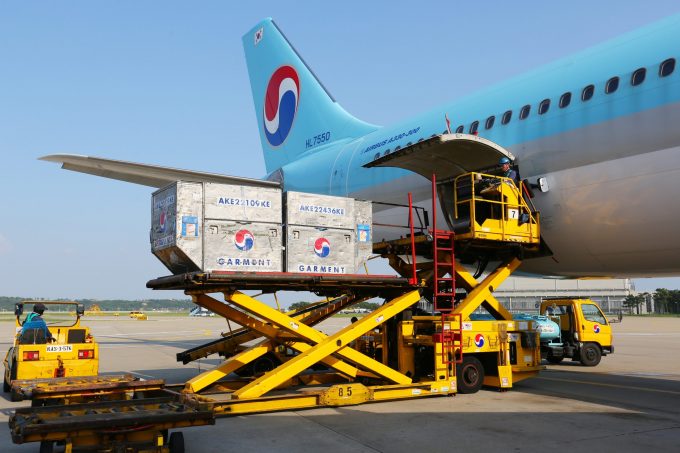Asiana agrees sale of air cargo business, paving the way to merger with KAL
South Korea’s second-largest airline, Asiana Airlines, today said agreed to sell its cargo business and ...

In his new year message yesterday, Korean Air Lines chairman and CEO Walter Cho Won-tae said he believed the air cargo market had normalised after Covid, but predicted reduced earnings in 2024.
He said 2024 would be “a profound turning point” and that “innovation will sprout in the aviation industry”.
But he added: “Although the great crisis has passed, the road ahead of us is not smooth.”
He said: “Geopolitical risks, due to conflicts around ...
Trump tariffs see hundreds of cancelled container bookings a day from Asia
'Disastrous' DSV-Schenker merger would 'disrupt European haulage market'
'To ship or not to ship', the question for US importers amid tariff uncertainty
'Chaos after chaos' coming from de minimis changes and more tariffs
List of blanked transpac sailings grows as trade war heats up and demand cools
EC approves DSV takeover of DB Schenker
Shippers in Asia restart ocean shipment bookings – but not from China
Forto 'sharpens commercial priorities' as it lays off one-third of staff
India withdraws access for Bangladesh transhipments, in 'very harmful' decision
'Tariff hell' leaves industries in limbo – 'not a great environment to plan'
IndiGo fleet expansion plan will include a major push to boost cargo volumes
Pre-tariff rush of goods from US to China sees air rates soar, but not for long

Comment on this article